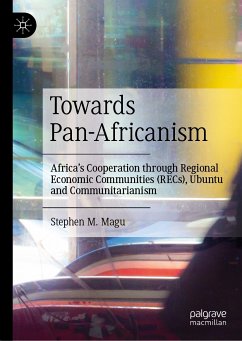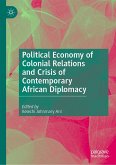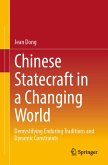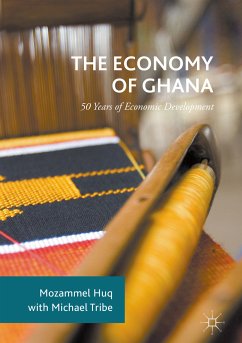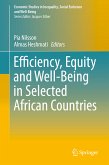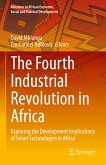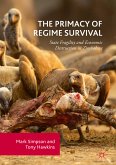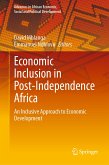This book traces the development and impact of regional economic communities (RECs) in Africa and addresses a timely question: do REC members, and the REC itself, positively influence member states' behaviors towards other members and more broadly, regionally and continentally due to REC membership? 'Changing member states' behaviors' is measured across three 'interconnected, fundamental dimensions of societal-systems' proposed by Marshall and Elzinga Marshall in CSP's Global Repot 2017. These are i) the persistence of conflict or its counterpoint, achieving peace, ii) fostering democratization and better governance, and iii) achieving socio-economic development and (as proposed by this research, a fourth dimension), iv) being active participants in multilateralism? Is membership in a REC ultimately beneficial to the member and other countries in the region? While there are no clear and obvious - at least, discernible traditional - benefits such as increasein trade (perhaps because Africa's overall trade relative to the world is about 3 percent), there are other non trade benefits (e.g., decrease in conflict, coercion to take certain actions towards peace and refrain from others, coups and wars) presenting in REC member states. These in/actions, abilities, coercions, exclusions and cooperation instances are outlined and discussed in the book.
Stephen M. Magu is Assistant Professor of Political Science at Norfolk State University, USA. Stephen holds a PhD in International Studies (2013, ODU), a Master of Social Work degree (2007, WashU) degree from Washington University in St. Louis and a Bachelor of Education (Arts) degree from Kenyatta University (1999, KU).
Dieser Download kann aus rechtlichen Gründen nur mit Rechnungsadresse in A, B, BG, CY, CZ, D, DK, EW, E, FIN, F, GR, HR, H, IRL, I, LT, L, LR, M, NL, PL, P, R, S, SLO, SK ausgeliefert werden.

